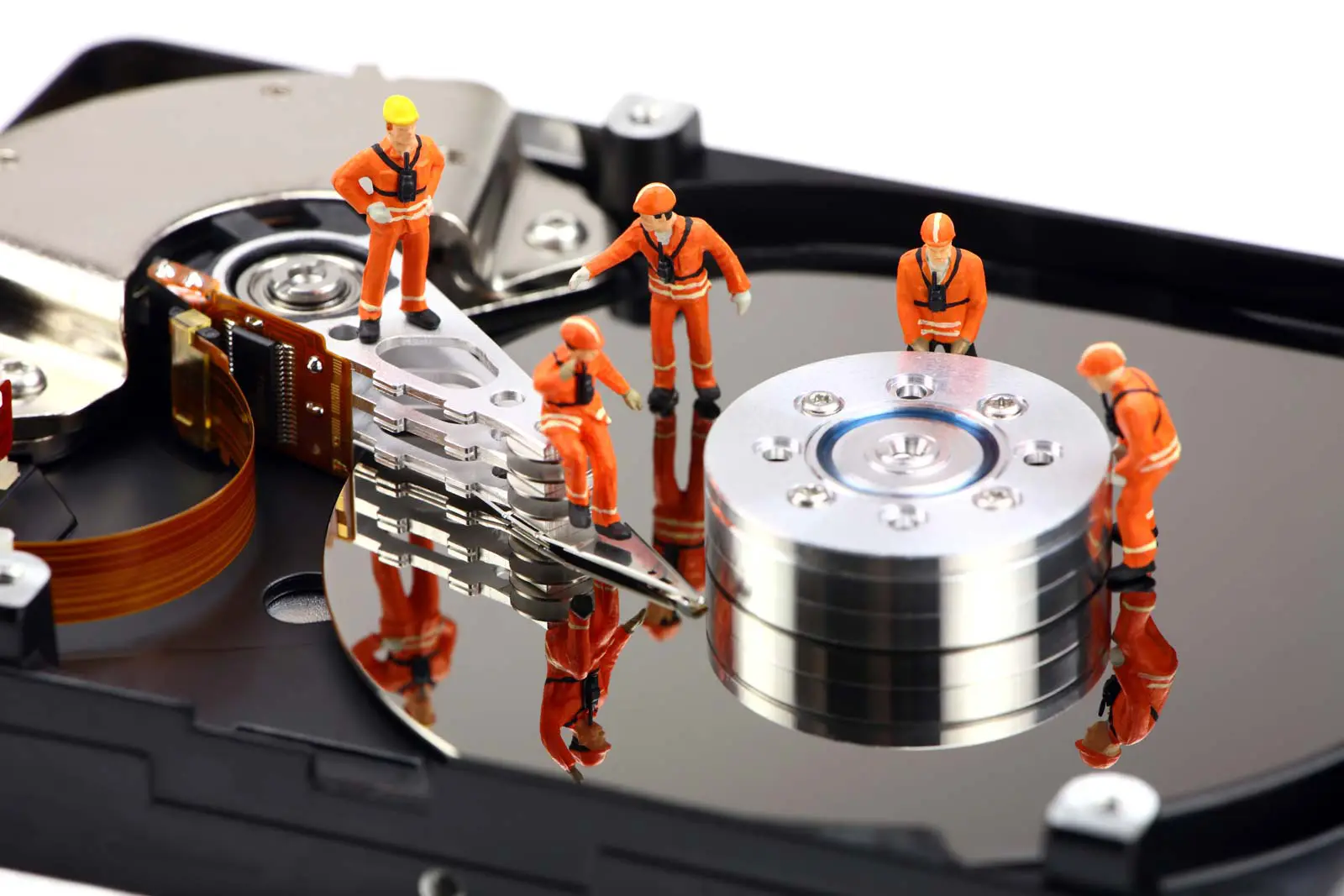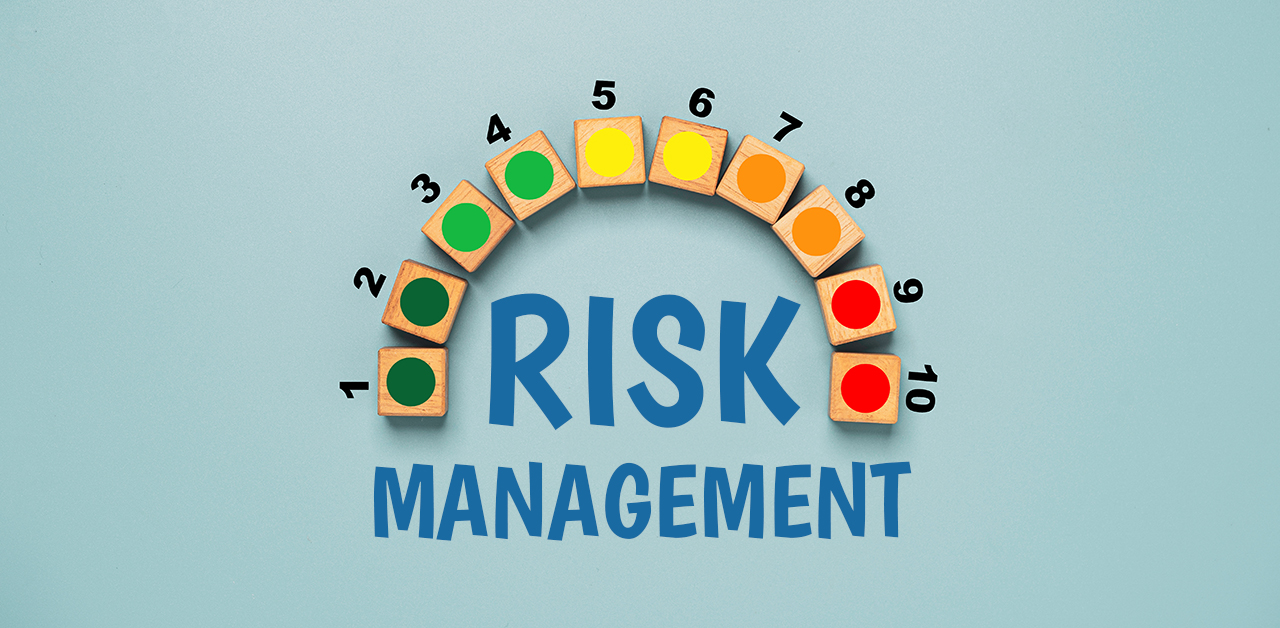Hard Drive and Data Destruction Process

When out of date computers enter the computer recycling process, it is critical to destroy your data and the physical drive/drives in order to ensure your sensitive data is not shared.
Individuals that buy used computers many times re-sell without going through industry best practices data destruction. Computer and Electronics Recyclers should be industry certified and documented.
Hard drive platters can retain data even after it has been deleted. It’s important to re-write the disks 3 times and part of best practices data destruction. The US Government has a standards code that specifically speaks to best practices of data destruction.
Hard drives are valuable commodity items and are re-sold through the secondary markets over and over, it’s important your data is not going with it.
Physical hard drive destruction is typically done through a hard drive shredder. The equipment required has enough pounds per square inch of force to completely destroy the drive and make it unusable.
Part of a computer recyclers certification process is having a secured area where the physical drives are destroyed.
Personal Computers and Data Destruction
Corporations with IT Asset departments have strict guidelines that have to be met in order to maintain compliance.
Individuals that are not handling highly sensitive data may opt to have their drive wiped with a drive wipe utility. You can specify how many passes happen in order to overwrite your hard 3 times with ones and zeros as data is never completely deleted. If you are concerned with the prospect of identity theft, then it would be a good idea to have the drive physically destroyed, this should give you the peace of mind that your data will never be shared.
The process of wiping data from hard drives and USB drives can be a bit confusing for inexperienced individuals, many times you have to set-up a boot disk and address operating system issues as well as changing BIOS setting depending on the year and manufacturer of your computer.
For more information or if you have questions, please contact us at http://www.oceantechonline.com/contact-us/.


